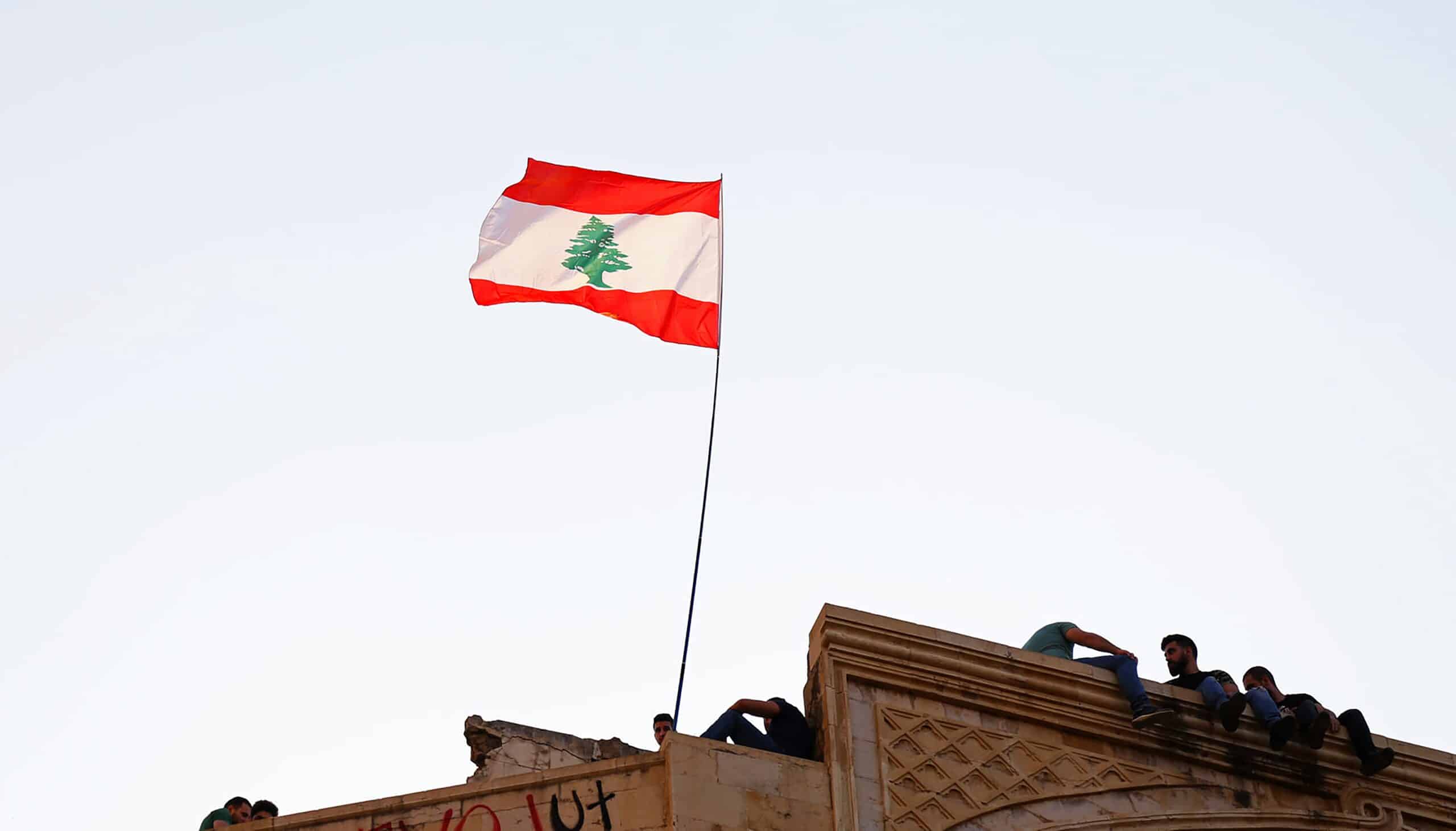The Lebanese Parliament will convene today in its twelfth bid to select a new president, a process that has thus far been unsuccessful on eleven occasions since 2022.
Former President Michel Aoun stepped down at the end of October 2022, necessitating the appointment of a successor before that time. However, Lebanon’s intricate confessional political system and the absence of a clear and unified opposition in parliament have hindered the appointment of a new leader.
Wissam el-Lahham, a senior researcher and professor at St Joseph University, predicts that the vote for the Lebanese presidential election is likely to fail once again, presenting a significant challenge for the country. Notably, Hezbollah and its allies have previously submitted blank ballots when dissatisfied with the candidates.
Who are the contenders for the presidency?
As there is no formal nomination process for the position, it is challenging to determine the candidates before the session commences, as MPs are allowed to vote for any individual they choose.
Nonetheless, the competition in this round appears to be between Sleiman Frangieh, the leader of the Marada Party and grandson of former president Sleiman Frangieh, and Jihad Azour, the former regional director at the International Monetary Fund (IMF).
Frangieh, who assumed the role of member of parliament in 1991 following the death of his father, successfully won three consecutive terms until his removal from office in 2005. In 2009, he was elected as an MP for the Maronite seat of Zgharta al-Zawiyah. It is common in Lebanon for seats to be transferred within families, and in 2018, his son, Tony Frangieh, took over his parliamentary seat.
In contrast, Azour possesses less political experience. He served as Lebanon’s minister of finance in Fouad Saniora’s government from 2005 to 2008 and until recently held the position of regional director for the Middle East and North Africa at the IMF. Azour has garnered support from the Free Patriotic Movement and other opposition parties, while Frangieh has enjoyed the backing of Hezbollah and the Amal Movement for several months.
Michel Moawad, leader of the Independence Movement and son of former president Rene Moawad, received the majority of votes in previous sessions but failed to secure the necessary quorum for victory. Other names, such as former interior minister Ziad Baroud, may also emerge during today’s session.
What are the criteria for the presidency?
In accordance with the National Pact, an unwritten agreement among Lebanon’s political factions established in 1943, the president of Lebanon must be of Maronite Christian faith. The National Pact, based on a 1930s national census, designates the president and army commander as Maronite, the prime minister as Sunni Muslim, and the speaker of parliament as Shia Muslim. The positions of deputy speaker of parliament, deputy prime minister, and the chief of the general staff of the armed forces are held by Greek Orthodox Christian and Druze individuals, respectively.
The MPs themselves are divided based on a quota system, with a 6:5 ratio of Christians to Muslims and Druze.
How does the voting process unfold?
To elect a new leader in the first round of voting, Parliament requires a quorum of 86 out of the 128 lawmakers, equivalent to two-thirds of the total. Should the MPs fail to agree on any of the candidates, they may cast symbolic votes or name a candidate not included in the official ballot to convey a political message.
El-Lahham stated that it is highly improbable for any candidate to secure the two-thirds majority in the first round of voting on Wednesday. In the event the session proceeds to the second round, a simple majority of 65 MPs is sufficient for a candidate to be declared the winner.
Credit: Charbel Karam on Unsplash



















